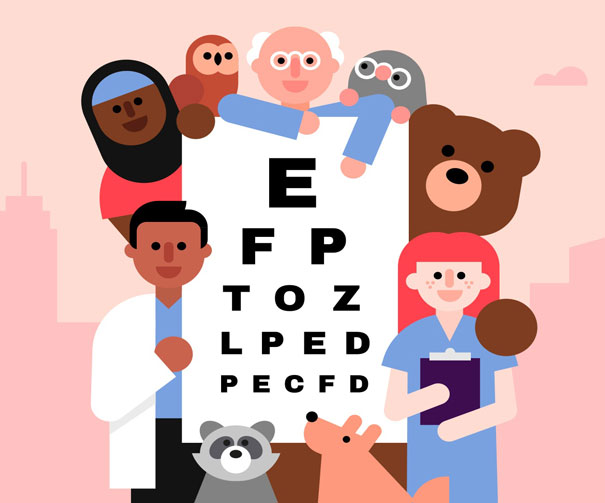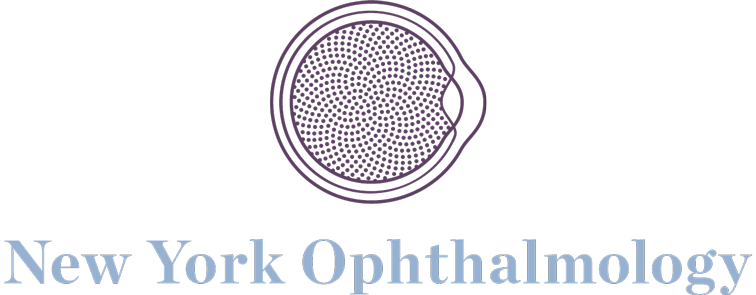What Does a Routine Eye Exam Include?
Quality eye care involves more than a quick exam. Primary vision care can detect eye diseases at an early stage, identify patients who may be susceptible to vision problems as they get older, and even uncover undiagnosed illnesses that aren’t directly related to vision. Primary vision care involves:
- Educating patients about maintaining and promoting healthy vision
- A comprehensive vision exam
- Screening for eye diseases or conditions without symptoms
- Performing refractive tests to determine if a patient needs prescription lenses
- Creating a treatment plan to treat eye conditions or diseases
- Determining if specialized care is necessary
- Performing cataract or another eye surgery if needed
We recommend comprehensive eye exams for all ages beginning at 6 months old. We check depth perception, determine eye health, and look for any signs of cross-eye or other congenital disorders. We’ll also screen their color vision once they reach a certain age. Many eye conditions develop in childhood such as amblyopia, or “lazy eye,” where sight does not develop normally in one eye. If left untreated during early childhood, amblyopia and similar issues may not be treatable in later years. Regular exams can help you stay ahead of these conditions and keep development on track.
How Often Should You Get an Eye Exam?
At all ages, individuals should have their eyes checked annually at the very least. Many ocular diseases present without any symptoms, but we can detect these concerns early and start a personalized management plan well before they affect your vision.

Helping People Is What We Do
Do I Need an Optometrist or an Ophthalmologist?
Both types of eye doctors can play an important role in your vision care. Optometrists (O.D.) provide primary eye care and can examine, diagnose, treat, and manage eye diseases and conditions. Ophthalmologists are medical doctors (M.D.s) who complete specialized training after getting their medical degrees. The board-certified ophthalmologists at our practice have undergone extensive training in all aspects of eye health and focus on the medical and surgical aspects of vision care. Optometrists cannot perform surgery, but they do work with ophthalmologists to provide patients with optimal care.
How Long Does a Routine Eye Exam Take?
If you’re looking for an eye doctor in Manhattan, Queens (Jackson Heights and Jamaica), or throughout New York City, our optometrists and ophthalmologists provide expert vision care to adults and children. Request an appointment using the online form or call us at (888) 212-3937 and a member of our team will help you.
Related Blog Post
At New York Ophthalmology, we offer eye care to everyone. We have 5 locations to serve patients in NYC, in Queens, Brooklyn, the Bronx, and Manhattan. Our eye doctors and ophthalmologists in New York are available to provide high quality eye care for people throughout New York. With a team of ophthalmologists and optometrists to […]
The importance of multichannel touchpoints and doctor-patient communication
At New York Ophthalmology, we offer multiple options for contacting the practice and . We offer in-person consultations at our 5 NYC ophthalmology locations as well as telemedicine consultations for your convenience and safety. Access to healthcare has developed with time, with the digital age ushering many platforms whereby patients can interact with their primary […]
4 Winter Eye Issues & How to Prevent Them
With temperatures dropping fast and winter around the corner, it’s time to think about keeping your eyes healthy during the colder months. With a few helpful tips and tricks and a visit to your ophthalmologist or optometrist in Jackson Heights, you can enjoy hydrated and protected eyes no matter the weather. In this blog post, […]
